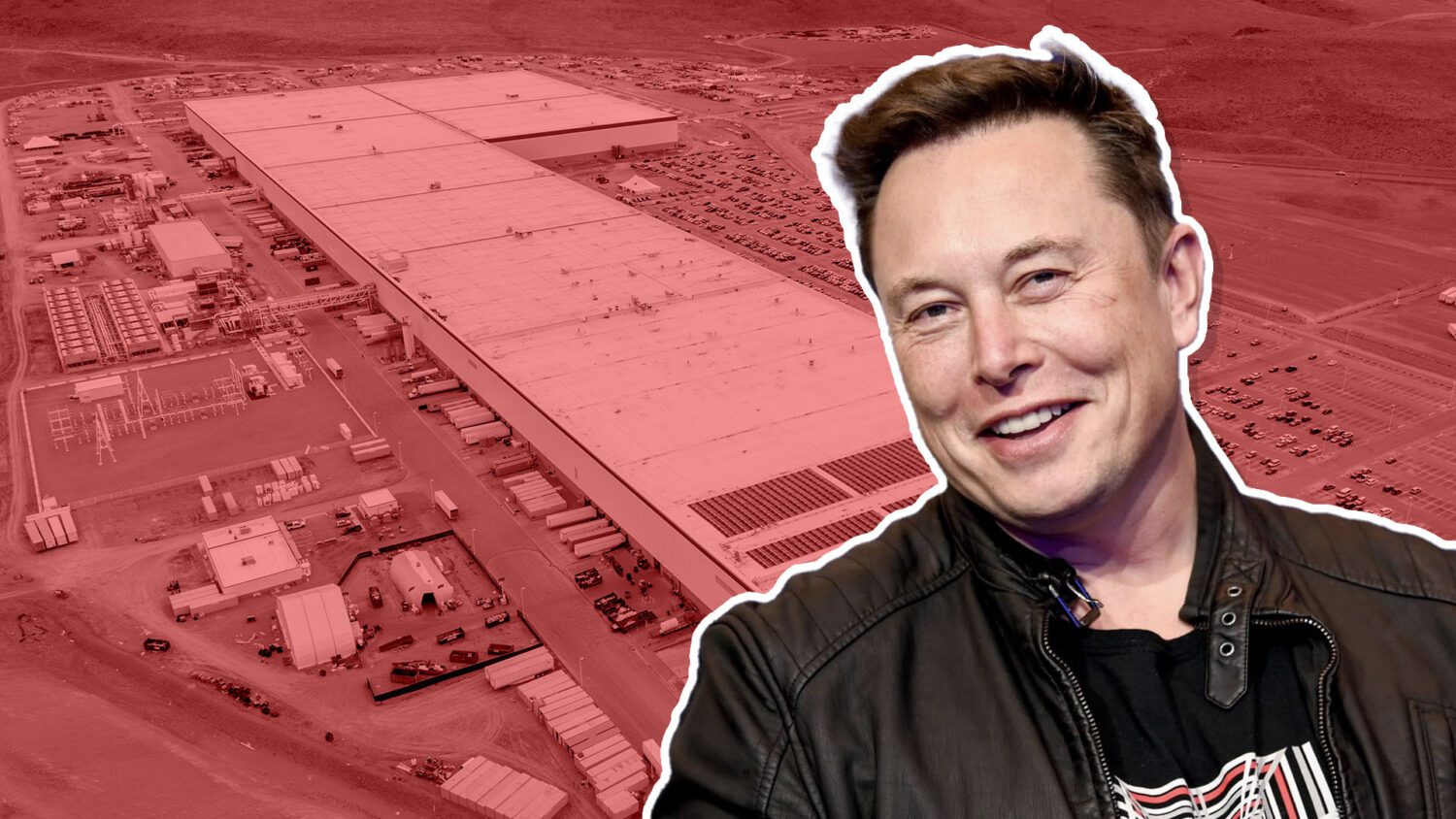Earlier this year, Tesla made some unexpected price cuts across its lineup, leading to a range of reactions in the car market. While some were simply happy for the lower downpayment, others warned that the adjustments could lead to a full on “price war,” as other automakers will feel the need to compete with the EV manufacturer. Kevin Tynan is the Senior Automotive Analyst at Bloomberg Intelligence, and has spent the last 20 years researching the car market. On this episode of Inside Automotive, Tynan joins host Jim Fitzpatrick to talk about Tesla’s price cuts, and what they really mean for the industry.
While Tynan notes that legacy automakers could still make price cuts, he argues that it is unlikely this decision will be a direct response to the EV brand, since its hold on the car market is comparatively miniscule. Instead, the internal supply needs and production abilities of these companies almost always dictate their pricing strategy. Even Tesla’s decision to make price cuts across its lineup was more likely driven by an inventory management issue than any drop in demand. “Just because [Tesla has] a problem with their demand and inventory balance, doesn’t mean that others have to react and do the same thing,” notes Tynan.
This highlights a common problem in automotive commentary. Analysts have longed exaggerated the hold Tesla has on the car market as a whole. Although the company is undeniably influential in its space, the impact its decisions have on the entire industry are rarely so deeply felt that the legacy brands feel threatened. For example, many critics have lately argued that automakers who fail to make price cuts to their EV lineups to better compete with Tesla will lose out on market share, since the company has long held dominance in vehicle electrification.
 |
In reality, although it is true that the brand is the main EV player in the U.S., its actual market share, compared to the rest of the auto industry, is a mere 3.2%. Rather than giving it control, Tesla’s diminutive position is actually likely to spell trouble for the brand in the future, even if it introduces more price cuts. Established car companies, which have more inventory management experience, larger customer bases and greater production capabilities, are likely to make competition difficult for smaller brands, even if they arrive to the electrification scene dead last. Simply put, these businesses can build and sell more vehicles than Tesla, which has functioned without a significant competitor for most of its existence. Furthermore, their intrusion into the EV space has barely begun. As Tynan notes, “If you look at Ford and GM…combined they [sold] 100,000 EVs in 2022. Those 100,000 units in the U.S. are way more important to Tesla than they are to Ford and GM.” However, Tynan also explains that market share is only half of the equation. The other half is comprised of pricing, supply and demand, and in these areas the more established automakers also have a strong advantage over the EV brand.
The car market does not exist in a vacuum. Rather, each variable has a certain level of influence over the other. Although no one argues that Tesla has zero influence over the car business, their reputed ability to dictate the entire industry’s next move is largely the result of marketing than actual power. Automakers, especially those backed by a long history of success and by revenue from gas-powered vehicle sales, act according to their own needs and plans. Although price wars can certainly happen, price cuts on Teslas are unlikely to precipitate any real reaction from the market until the brand can become a much bigger player in the automotive space.
Did you enjoy this interview? Please share your thoughts, comments, or questions regarding this topic by connecting with us at newsroom@cbtnews.com.
Be sure to follow us on Facebook, LinkedIn, and TikTok to stay up to date.
While you’re here, don’t forget to subscribe to our email newsletter for all the latest auto industry news from CBT News.







